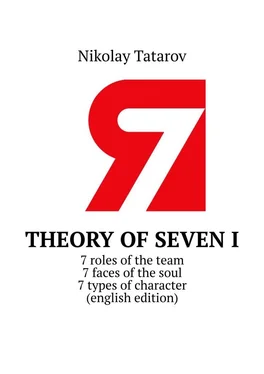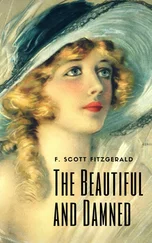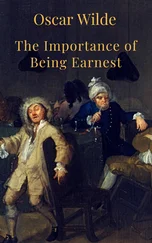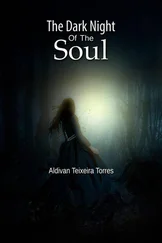Any relationships are always the role relationships. Psychic roles are within each of us. 7 roles are the 7 beginnings of each person, those are his 7 primordial forces, those are the 7 “poles” of his soul, those are 7 “back streets”, 7 “snugs” of the soul. The 7 roles of the team are only the manifestation of the seven I, living within each person.
CHARACTER FORMATION AND QUALITY OF THE SOUL
But getting back to the team…
To become a part of the team, a person needs to enter the team for some role. The only question is, for which particular role? Usually, in the team, there are occupied roles, and there are also unoccupied (vacant) roles. And then it turns out that anyhow a role for a person does not fit. Not all roles are equally acceptable for him. There are roles that he likes, and there are those that he does not like. What does it depend on? – From the character formation.
People are different. Each person has his own character composition, his own set of spiritual qualities, his own peculiarities of character. Qualities of the soul, traits of character, peculiarities of character, the tendency of nature – all this same, is role preferences of the person. Each person attempts to occupy the most preferred role for them in the team or at least one of the acceptable roles to him. Another thing is that not always such roles are offered to him. It happens that those roles are already occupied by someone.
The most preferred role is the dominant of the character.It defines the type of character, therefore it is called as well the essence of the character, the essence of the soul or simply the essence of a person. Questions: “What is his character? What is his type of character? What is the essence of his soul? What is the essence of this person” are always a question about what role dominates in the character of this person.
The feelings connected with the role dominating in character generate the leading traits of character of the person. For example, the feelings connected with a role of the Idol – pride, joy and complacency; – generate the corresponding qualities of the soul: arrogance (superiority), idleness (hospitality) and laziness (self-complacency, self-content). If the role of an Idol dominates in character of the person, then those traits of character will be the leading traits of his character.
Of course, the character of a person is not reduced to the dominant of the character (to the most preferable role). Every person is familiar with all the roles, in every person, there is his 7I. However, in the characters of different people there is a different ratio of those seven I. Some I in the character are in a surplus, and others I is lacking. For example, there are people in the character of whose there is a surplus of selfishness and cunning, and heroism and self-sacrificingness is lacking. And others are different: arrogance, idolatry is excessive, and hardness and perseverance is lacking.
To find out the character formation of the person it is necessary:
– At first, it is necessary to reveal the prevailing roles, it is necessary to find out what qualities of roles (what “I’s) in the character are in a surplus and what – in a shortcoming;
– Then it is necessary to distribute the roles according to the degree of their preference for this person. The most preferred role is the dominant of the character (the basic “I” of a person), the less preferred role is his second “I”, an even less preferred role is his third “I”, etc.
As a result, it is possible to make a mental portrait of the person, i.e. a portrait of his soul.
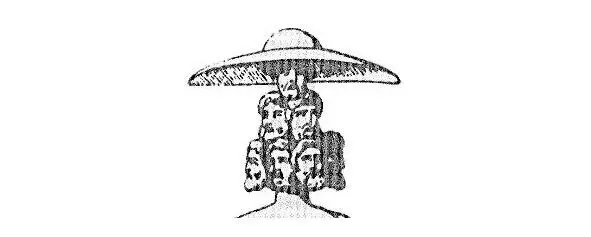
7 heads of Rugevit
In the picture shows the ancient Slavic god Rugevit. 7 heads of Rugevit under the hat – this is the 7 of his I. The upper head of Rugevit is his basic I (the dominant of his character). Two heads below are two other roles that prevail in his character (the other two “I’s of Rugevit).
It should be noted that not only the Western Slavs worshiped to a seven-faced idol. The Nenets also worshiped their seven-faced idol Vesako on the island of Vaigach.
The idea of the seven I am clearly expressed in the petroglyph from Khakassia: a seven-headed creature is depicted on the stone and 7 people are next to it.
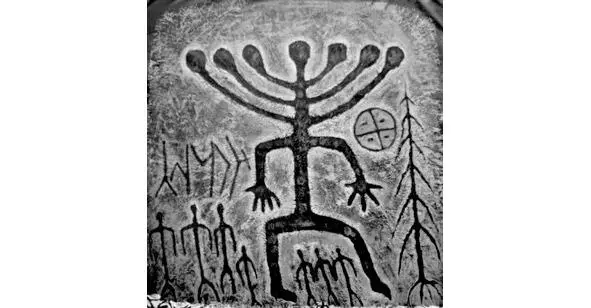
The petroglyph from Khakassia
7 ROLES – 7 TYPES OF THE CHARACTER
7 roles generate 7 types of character (7 psycho types). It happens like this. Having received a role in the team, a person gradually gets used to it and the role becomes familiar to him. Staying on the role does not pass without a trace. Together with the role, a person receives and a set of feelings connected with it, which begin to manifest in the tone of speech, in gestures, facial expressions and poses. Gradually they are getting fixed in manners and habits, and, in the end, become the features of his character. So the role becomes the dominant of the character of a person. The proverb: “Sow an act – reap a habit, sow a habit – reap a character…’ , describes the process of transforming of the taken role into the dominant of the character.
Example.
It happens that the person has got the role of an Idol in the team. It means that all treat him with a honour, respect, awe. If the role of an Idol is acceptable to this person, then, being on this role, he does not feel emotional discomfort. Over time, having got used to the role, the one, as it is peculiar to an Idol, begins to look down at others, with a sense of superiority. The role of an Idol is fixed in features of the character. A person becomes arrogant, haughty, assumptive. He develops aristocratic manners. And he behaves like an Idol not only in the team where he was assigned the role of an Idol, but also among other people. He already can not and does not want to behave in another way. It means that the role of an Idol became a dominant of his character, became his basic I, became the essence of his soul. Such person will try to occupy a role of an Idol in any team. What if the role of an Idol is occupied by someone else? If there is already the Idol with all his dignity? They begin the fight for the role of an Idol in the team. They can’t stand each other. They have role conflicts and showdown. Everything will end when one of them will either leave the team, or will stop to apply for a role of an Idol – “will break off his hubris”.
There is a connection between the character formation of the person and the features of his body. For example, a good-natured joker is always describing fat, a cunning person with a long nose, and a smart guy with glasses. Speaking about the strong man, it is necessary to emphasize his simplicity, they will say: “Brains are not needed when you have power”. But the clearest connection of character with the features of the body is reflected in the word “grabber” and derivatives of it: “selfishness”, “selfish habits”, “self-interests”. The word “grabber” – although it is connected with fell (skin), but speaks about quite certain features of the character.
The connection between the body and the soul is not fixed. Not all idols are fat. Not all cunning people have a long nose. Not all clever people have weak eyesight. Not all athletes are simpletons. Not all grabbers have a sensitive fell (skin), etc. But all the same, the connection between the body and the soul exists.
Читать дальше
